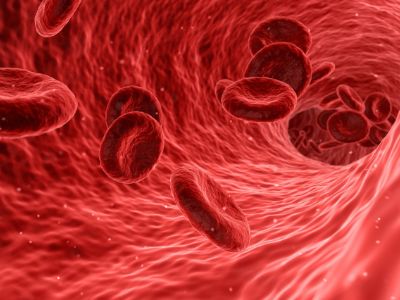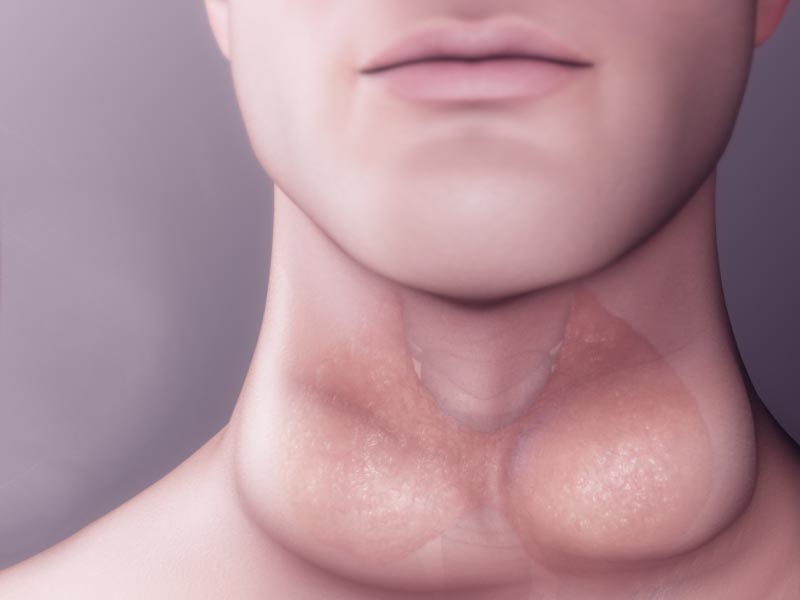Angina Pectoris is chest pain or discomfort that keeps coming back. It happens when some part of your heart does not get enough blood and oxygen. Angina can be a symptom of coronary artery disease which occurs when arteries that carry blood to your heart become narrowed and blocked because of blood clots or atherosclerosis. It can also occur because of poor blood flow through a narrowed heart valve, unstable plaques, a reduced pumping function of the heart muscle, as well as a coronary artery spasm.
There are two other forms of angina pectoris:
- Variant angina pectoris
- Microvascular angina

Causes of Angina Pectoris
Angina is caused by decreased blood flow to your heart muscle. Your blood carries oxygen which your heart muscle needs to survive. Once your heart is not getting enough oxygen, it causes a condition called ischemia.
During times of low oxygen demand, your heart muscle may still be able to function on the decreased amount of blood flow without triggering angina symptoms.
Risk Factors of Angina Pectoris
The following risk factors increase your risk of angina:
- Diabetes
- Tobacco use
- High blood cholesterol or triglyceride levels
- High blood pressure
- Older age
- Family history of heart disease
- Stress
- Obesity
- Lack of exercise
Symptoms of Angina Pectoris
Angina symptoms may include chest discomfort and pain. You may also have pain in your back, shoulder, jaw, neck, or arms.
Other symptoms that you may have include:
These symptoms need to be assessed right away by a doctor who can determine whether you have stable angina which can be a precursor to a heart attack.

Diagnosis of Angina Pectoris
To diagnose angina, your doctor will start by doing a physical exam and asking about your symptoms. You will also be asked about any risk factors, including whether you have a family history of heart disease.
There are other tests that your doctor may help to confirm whether you have angina:
- Electrocardiogram
- Stress test
- Echocardiogram
- Nuclear stress test
- Chest X-ray
- Blood tests
- Coronary angiography
- Cardiac computerized tomography scan
- Cardiac MRI
Treatment and Medications for Angina Pectoris
There are lots of treatment options for angina pectoris including medications, lifestyle changes, coronary bypass surgery, or angioplasty and stenting. The goal of the treatment is to lessen the frequency and severity of a heart attack. However, if you have unstable angina or angina pain that is different from what you usually have, you need immediate treatment.
If lifestyle changes alone don’t help your angina, you may need to take medications such as:
- Nitrates
- Aspirin
- Beta-blockers
- Statins
- Calcium channel blockers
- Blood pressure-lowering medications
- Clot-preventing drugs – Clopidogrel helps prevent blood clots from forming by making your blood platelets less likely to stick together.








